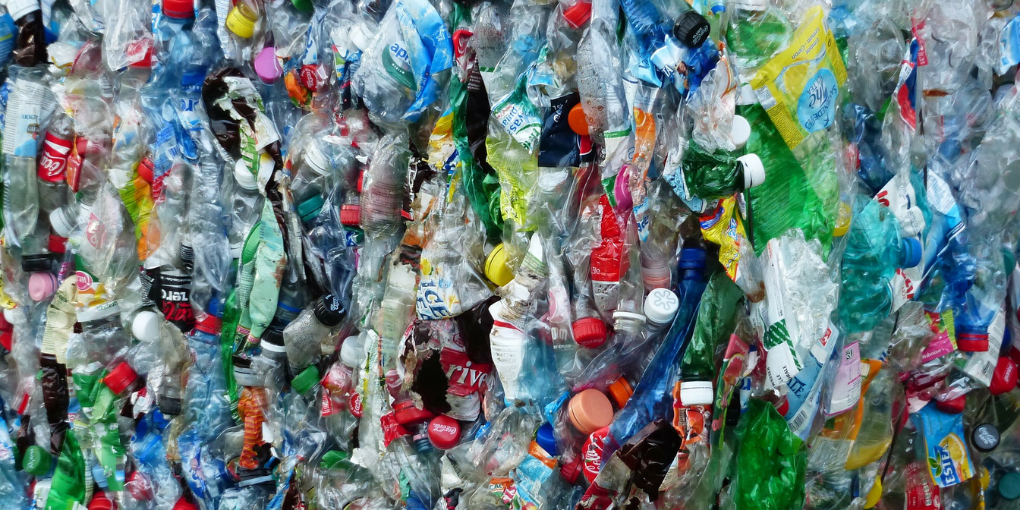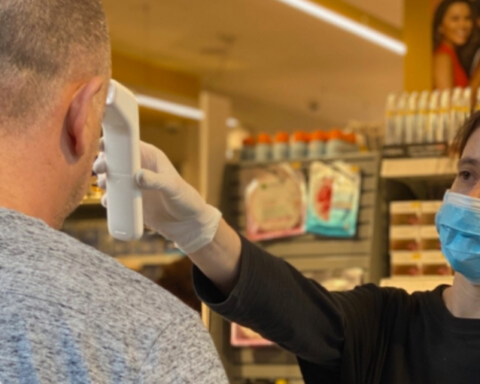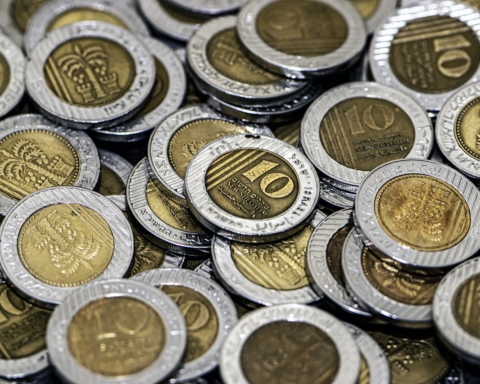Within the last decade, more plastic has been produced than in the last century. Of 300 tons of plastic being produced, half of that is for one-time use. With the rise of convenience culture, plastic isn’t going away, but perhaps, a new finding in how it’s recycled may support a more sustainable future.

The main issue with plastic is that it is highly unbiodegradable. From straws to toothbrushes to plastic bags, even when these products are recycled and aren’t left in landfills or oceans to produce toxic chemicals, they often lose their integrity, and can only be used for specific substances.
One research team from Ben Gurion University may have found a way to recycle plastics in a biodegradable manner with bacteria, an approach that steps away from the more common methods of mechanical, thermal, and chemical ways to breakdown plastics. The team has recently teamed up with Ecoiberia, an environmental recycling water bottle company, to determine if the research is relevant to scale.
Lead researcher Alex Sivan, who has been studying plastics for two decades at Ben Gurion University, is working with Prof. Ariel Kushmaro to find a new way to breakdown plastic polymers. While they are known to have strong carbon-carbon bonds that keep them indestructible, when these plastics are placed in carbon-free environments with bacteria, the results show a return to the raw material – a valuable finding in the world of recycling plastics.
Of the results, Kushmaro says that “We understood that in order for the bacteria to biodegrade the carbon bonds in the plastic polymers, it had to be grown in a carbon-free environment so that the bacteria had no other choice but to consume the only available carbon in the plastic to survive.”
He continues to say that “What we are trying to produce together with Ecoibéria is a process where the same PET chips will break down into the source materials so that the product can be sold in its original raw material form. The idea is that microorganisms or enzymes will break down the molecular polymer chains in order to extract the clean raw materials from the mixture and reproduce the PET as conventional industry practices would.”








